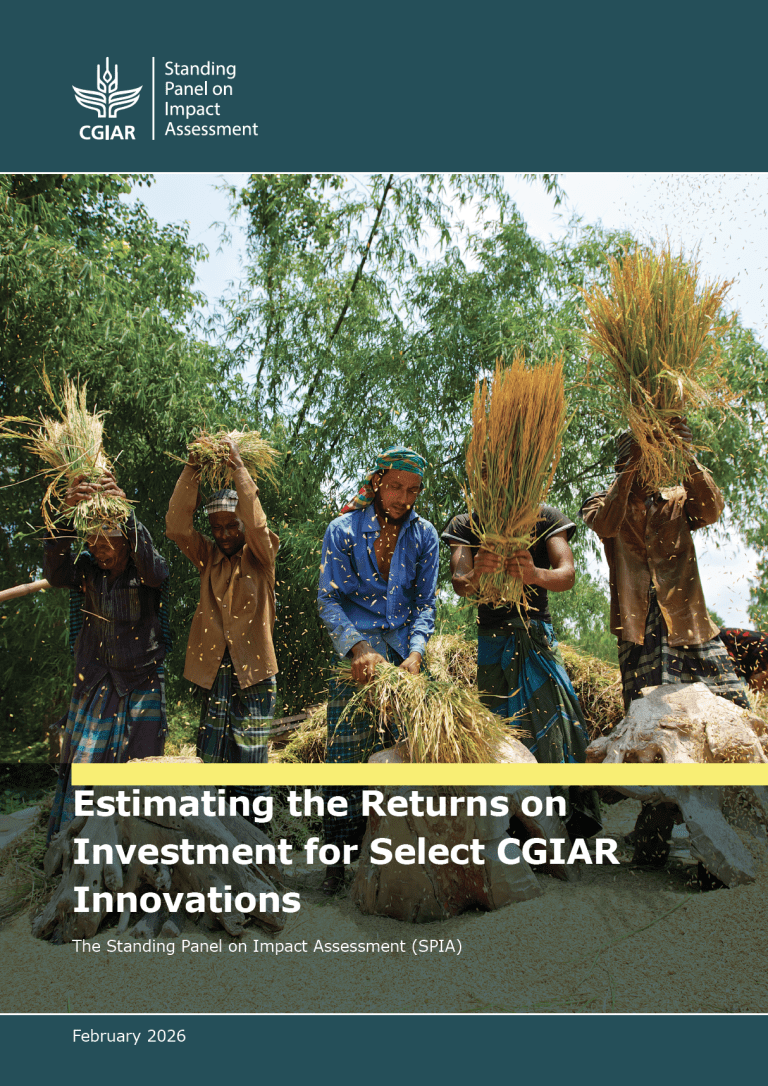Abstract
Nigerian farmers grow over 60 cassava varieties linked to the International Institute of Tropical Agriculture (IITA) research efforts. While yields and the area under cassava have increased over the past decade in Nigeria, there is a lack of rigorous impact evidence—this despite cassava being a major source of food and income. The extent to which an agricultural technology is adopted is a critical input to examine productivity and welfare impacts resulting from adoption.
The Cassava Monitoring Survey, implemented by IITA and the National Root Crops Research Institute (NRCRI)-Nigeria, addresses three policy-relevant research questions: True adoption rate of improved cassava varieties in Nigeria; the effects of adoption on productivity and poverty; and the extent to which self-reported adoption status (versus DNA fingerprinting) over- or under-estimates these effects.
This research was supported by ISPC-SPIA under the grant “Strengthening Impact Assessment in the CGIAR (SIAC).”
Citation
ISPC. (2018). What is the True Impact of Improved Cassava Varieties in Nigeria?, Brief N. 64. Rome: Independent Science and Partnership Council.





